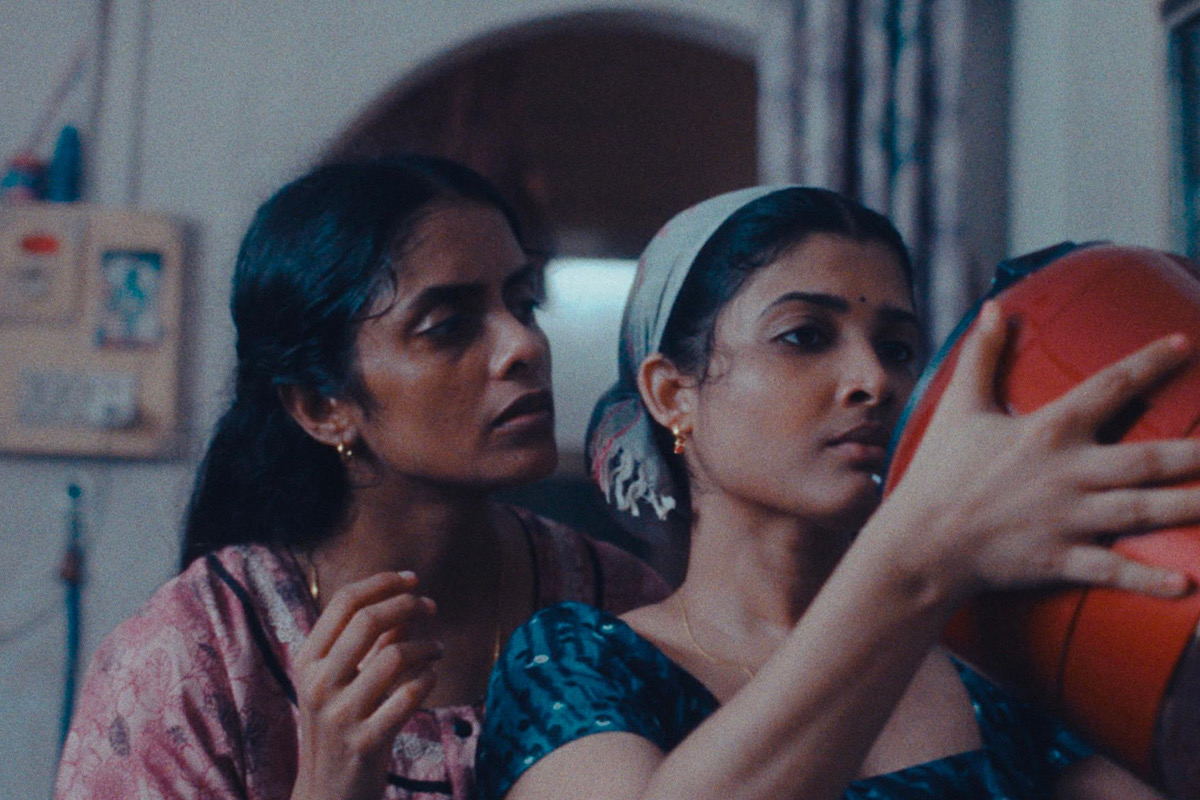This may well be an Indian summer at the Cannes Film Festival, set to roll from 14 May. There are two movies from India, one dealing with an Indian story. Payal Kapadia’s All We Imagine As Light will be vying for the top Palme d’Or. Incredible as it may sound, the biggest film producer in the world—with about 3000 titles every year—has not been able to clinch this prestigious slot since 1994, when Shaji N. Karun’s Swaham competed for the festival’s top honour.
(Eleven years before that, in 1983, Mrinal Sen’s Bengali-language Kharij was part of the Cannes Competition and clinched the Jury Prize.)
Advertisement
Kapadia is not new to the Festival on the French Riviera, once seductively described as the “playground for the rich and the famous”. In 2021, her A Night of Not Knowing Nothing won the Golden Eye Award for Best Documentary Playing in the Director’s Fortnight, an important Cannes sidebar. About campus trouble, the plot unfolds through letters written by a student to her lover. Earlier in 2017, Kapadia’s Afternoon Clouds was part of the Cinefondation section, which also takes place during the festival along with the sidebars, Critics’ Week, and Director’s Fortnight.
Thirty-eight-year-old Kapadia will be aiming for the coveted Palme d’Or along with some of the most celebrated names in world cinema: Francis Ford Coppola (Megalopolis), Sean Baker (Anora), Yórgos Lánthimos (Kinds of Kindness), David Cronenberg (The Shrouds), Andrea Arnold (Bird), Paul Schrader (Oh Canada), Jacques Audiard (Emilia Perez), and Paulo Sorrentino (Parthenope), to mention a few.
An Indo-French production, All We Imagine As Light, talks about Prabha, a nurse, who receives an unexpected gift from her long-estranged husband that makes her uneasy. In the meantime, her younger friend and roommate, Anu, is desperately trying to find a quiet spot to be with her love, Prabha. Eventually, the two women take a road trip to a beach town, where they find space for their dreams and desires to flow.
British-Indian moviemaker Sandhya Suri’s debut feature, Santosh, has been picked for Un Certain Regard, which is the most important segment after Competition. The film is said to be a character-driven neo-noir set on the plains of northern India, with a cast led by Shahana Goswami.
Konstantin Bojanov’s romantic drama, The Shameless, will also play in the Un Certain Regard section. It has an Indian and a Nepali ensemble. The movie follows Rani, an Indian sex worker, on a pilgrimage to a remote temple, where she confronts her past, including a love affair with Renuka, now imprisoned for murder in Bengaluru. The cast features Omara, Anasuya Sengupta, and Mita Vashisht—Indian actresses known for their work in indie cinema.
In the 77 years that Cannes has been showcasing cinema from around the globe, only a handful of Indian movies have been able to get into competition. Chetan Anand’s Neecha Nagar (1946), V Shantaram’s Amar Bhoopali (1952), Raj Kapoor’s Awaara (1953), Satyajit Ray’s Parash Pathar (1958), MS Sathyu’s Garm Hava (1974), and Mrinal Sen’s Kharij (1983) are the titles that have not been eroded by time.
Neecha Nagar is the only title from India to have clinched the Palme d’Or.
The reasons for this poor Indian representation at Cannes are not far to seek. It could be that we do not make cinema that caters to an international audience. Or, it just could be that for a Western mind, Indian cinema is too confusing. Or, it can also be that selectors who are supposed to promote and push films from our country have little understanding of what Cannes is looking for. Once, it seemed like a joke that Devdas from Bollywood was picked as part of the official selections. Later, the Cannes chief, Thierry Fremaux, did tell me—although not in so many words—that Devdas was a mistake.
Also a matter of concern, Indian jurors at Cannes have been few and far between. In fact, between 1982, when respected auteur Mrinal Sen became the first Indian to serve on the main competition jury, and 2022, when actress Deepika Padukone was picked for this slot, there have been a mere handful: director Mira Nair (1990), novelist Arundhati Roy (2000), actors Aishwarya Rai-Bachchan (2003), Nandita Das (2005), Sharmila Tagore (2009), moviemaker Shekhar Kapur (2010), and actor Vidya Balan (2013).
Sadly, giants of cinema like Adoor Gopalakrishnan, Girish Kasaravalli, and Ritwik Ghatak were never invited to be on the jury. What is even more shocking is that Satyajit Ray, who was an icon of India, was ignored by the festival.
Why were these great auteurs never invited? It could be that Cannes is no longer a cerebral festival as it once was, especially during Sen’s days. Today, there is far more glamour there than what we would like to imagine: Padukone is one example of this, and Balan to an extent. Cannes has gravitated towards this glamour goal, hugely promoted by big business. A cursory glance at the Cannes jury over the years, and we cannot miss the fact that members have all been global achievers who have come with a fair degree of glamour.
This year, for the 77th edition of the festival, there are international celebrities who will serve on the jury: Greta Gerwig (of Barbie fame, who will chair the jury), moviemakers Nadine Labaki, Juan Antonio Bayona, Pierfrancesco Favino, Ebru Ceylan, and Kore-eda Hirokazu. They are undoubtedly exceptional filmmakers, but they also come with an aura of allure.
All said and done, Cannes is liberally swathed in glamour. But, yes, the 12-day festival, which runs from 14 to 25 May, also offers memorable works that are hard to ignore or forget.
The writer is a senior film critic, and has covered Cannes Film Festival for over three decades











